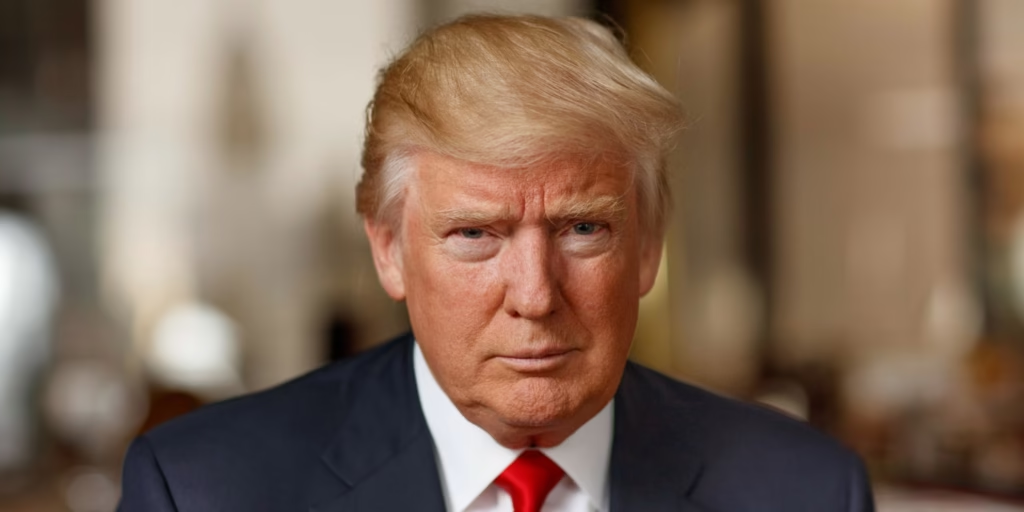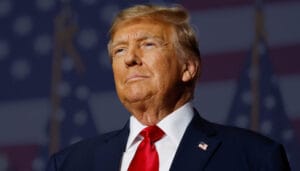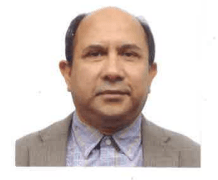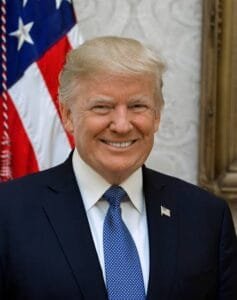President Trump Now Trims the Definition of Human Rights

By Kausar Mumin, from New York
In his second term, President Donald Trump has intensified his radical project of governmental dismantlement. From core federal institutions and safety-net programs to the judiciary, international alliances, and even the rule of law—no pillar of the American system has been spared. Each day seems to bring with it the possibility of losing another constitutional protection. Now, in perhaps his most far-reaching act yet, Trump is redrawing the moral boundaries of the United States by redefining the very idea of human rights.

According to documents obtained by National Public Radio (NPR), the U.S. State Department, under Secretary of State Marco Rubio, has quietly narrowed the definition of human rights used in its annual human rights reports 2024. These changes may sound bureaucratic, but they strike at the heart of how America engages with the world—and with itself. The result is a rebranding of human rights that aligns neatly with Trump’s transactional, authoritarian-leaning foreign policy.
 Missing from the 2024 reports—postponed until May 2025 due to sweeping edits—are key areas that once formed the foundation of the U.S. commitment to global human rights: protections for political prisoners, freedom of the press, prison conditions, government accountability, LGBTQ+ rights, and digital freedoms. Issues like gender-based violence and the targeting of civil society groups have been casually cast aside. Under this new framework, unless a country’s abuses conveniently fit within the administration’s narrow political lens, they are simply ignored. This isn’t a bureaucratic adjustment—it’s a conscious rejection of the principles America once championed. This is not just a policy change—it is a deliberate betrayal of American values.
Missing from the 2024 reports—postponed until May 2025 due to sweeping edits—are key areas that once formed the foundation of the U.S. commitment to global human rights: protections for political prisoners, freedom of the press, prison conditions, government accountability, LGBTQ+ rights, and digital freedoms. Issues like gender-based violence and the targeting of civil society groups have been casually cast aside. Under this new framework, unless a country’s abuses conveniently fit within the administration’s narrow political lens, they are simply ignored. This isn’t a bureaucratic adjustment—it’s a conscious rejection of the principles America once championed. This is not just a policy change—it is a deliberate betrayal of American values.
These edits in the human rights reports were anything but random. At least 20 countries were specifically singled out for revision, including close U.S. allies like Hungary and El Salvador. In some cases, entire sections—like the one exposing prison abuses in El Salvador—were completely removed. The motive? Many point to Trump’s recent immigration agreement with the Salvadoran government, which allows for the deportation of undocumented immigrants, including criminal suspects, back into notoriously abusive detention facilities. In this case, telling the truth would have interfered with political expediency.
But the implications go far beyond diplomacy. These human rights reports, mandated by U.S. law, are not simply symbolic. Congress relies on them to shape foreign aid and security policies. When they are sanitized or censored, it doesn’t just obscure reality—it enables oppression. The administration’s quiet war on the truth gives authoritarian regimes around the world a powerful message: do business with Trump, and we’ll look the other way.
The backlash from rights organizations has been swift and damning. Paul O’Brien of Amnesty International put it bluntly: “The U.S. is stepping away from its leadership role in defending human rights globally.” That vacuum will be filled—likely by nations with no interest in rights or accountability.
What’s most chilling is how this shift aligns with Trump’s domestic agenda: an erosion of checks and balances, the marginalization of vulnerable groups, and the remaking of government in the image of raw power. The narrowing of “human rights” is not an isolated move—it’s part of a broader worldview in which rights are not universal, but conditional; not moral, but political.
Most critically, this shift will undermine the United States’ credibility on the global stage, embolden authoritarian regimes, and create even greater obstacles for refugees fleeing persecution to secure political asylum in the U.S. America once prided itself on being a beacon of hope for the persecuted. If this administration succeeds in shrinking the definition of human rights to suit its own ends, we may find that we’ve dimmed that beacon—perhaps permanently.
 Kawsar Mumin holds a bachelor’s degree in Politics, Economics, and Law (PEL) from the State University of New York (SUNY). He is currently the State Department Correspondent for Daily Manabzamin of Bangladesh. He can be reached at kausarmumin@gmail.com
Kawsar Mumin holds a bachelor’s degree in Politics, Economics, and Law (PEL) from the State University of New York (SUNY). He is currently the State Department Correspondent for Daily Manabzamin of Bangladesh. He can be reached at kausarmumin@gmail.com














